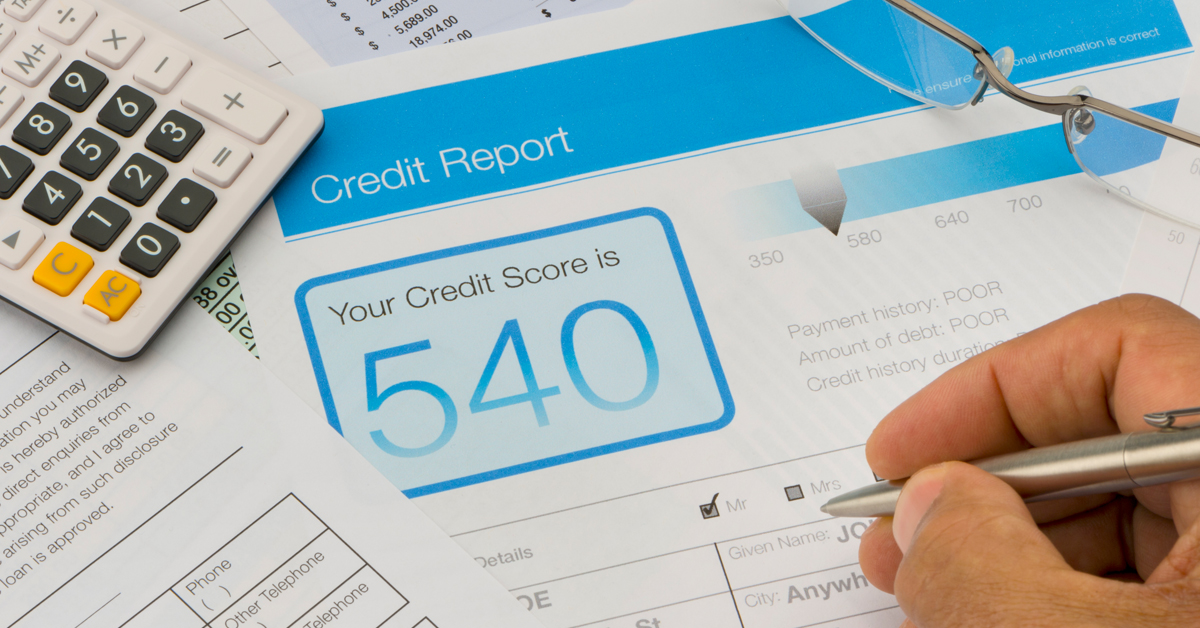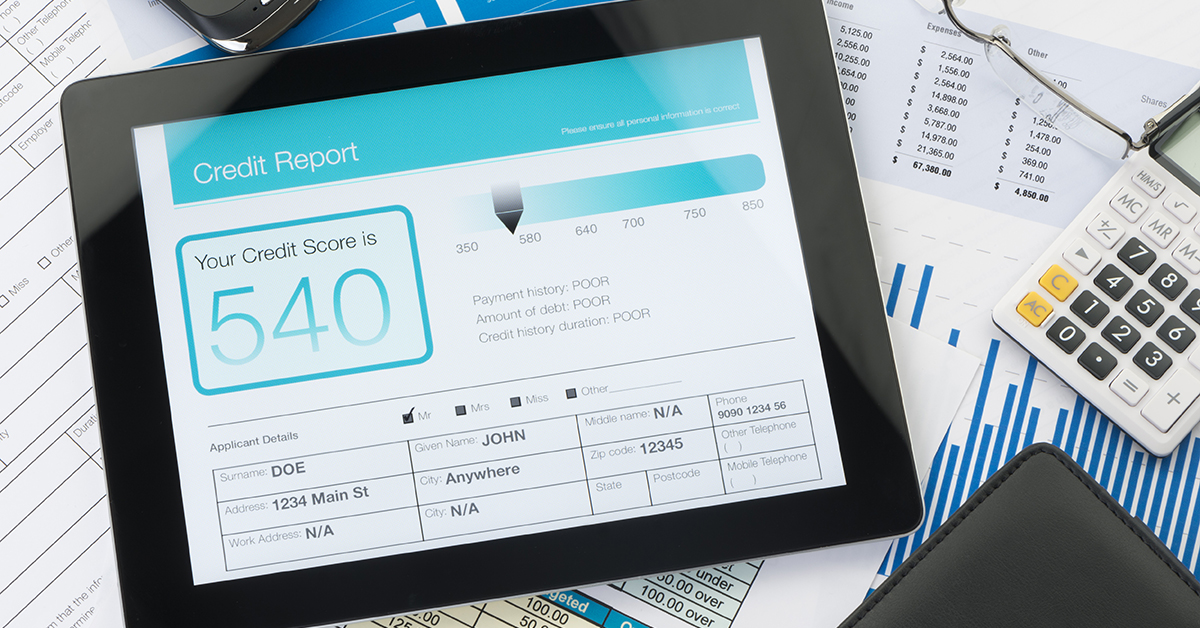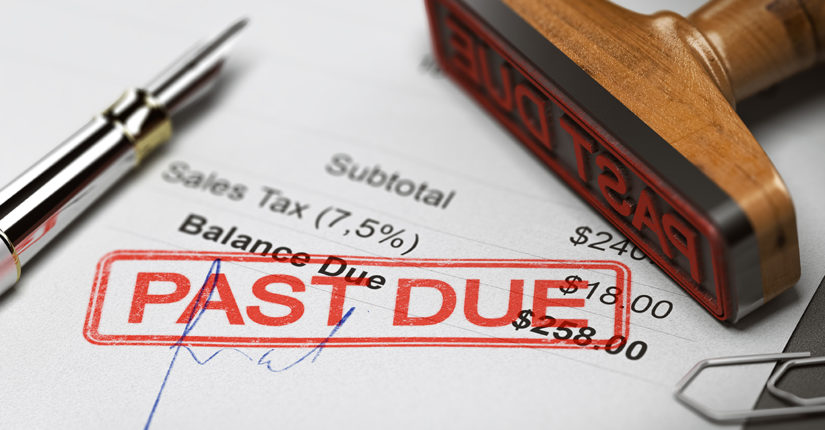
It’s not enough stress to have your car repossessed, but the consequences — collection contact and negative credit reporting — can be too much to bear.
Car repossessions carry negative weight to a credit report for 7 ½ years from the date it was first reported as late by the lender. Credit scores may drop and your ability to get new credit, and credit with favorable terms, may diminish.
In this blog, we’d like to take a closer look at how long a repossession remains on your credit report and what you can do to correct credit reporting errors.
Continue reading How Long Does it take for a Repossession to come off your Credit Report? →











